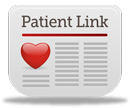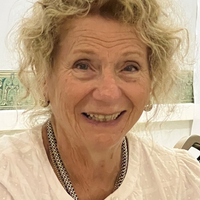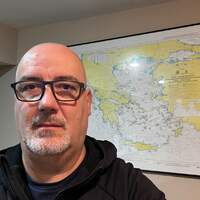Steve's Journal
Aortic Regurgitation, Joined July 5, 2016
Aortic Regurgitation
Joined July 5, 2016
-
 I am from: Holland, MI
I am from: Holland, MI -
 My surgery date is: August 10, 2016
My surgery date is: August 10, 2016







